Love is a wonderful thing: how many times have you heard that from your mum, grandmas and aunts? Everything seems more beautiful: you get butterflies in our stomach, you walk 3 metres above the ground, you lose your appetite, you keep on smiling even when your desk buddy has just told you to buzz off. When we are in love, you even go deaf!
Women are usually more romantic, they live in fairy tales (mind you, some women do believe in fairy tales!) and they always come up with ridiculous nicknames! Walking down the street, one can literally hear all sorts of monikers, especially these days, with new and bizarre buzzwords coming up every year!
Now that Valentine’s Day is approaching and supermarkets are filling up with heart-shaped boxes and red gadgets, we all need to stop and take stock of the situation: people who are counting how many Valentines they’ve spent alone, others who have fallen in love with someone special just before the V-day and greet it as a sign from Cupid and, last but not least, the lucky ones who have already met their “better half” – or, as we the Italians say, “the other half of the apple”.
But, watch out, you don’t always get away with an apple! In Spain, for example, people talk about oranges and say “encontrar a tu media naranja” (to meet the other half of your orange). Going north, people lose a little bit of romanticism and change fruit for pots. In Germany, there is a common saying: “Jeder Topf findet seinen Deckel”, meaning that “every pot finds its own lid” (with lots of subsequent irony about hopeless cases and people saying “if you can’t find your lid, then you are a wok!”). Portuguese lovers say “minha cara-metade” – the other half of my face – but the award for the least imaginative and romantic goes to the French, usually so cheesy and sweet, who address their fiancé(e)s with a dull “ma moitié” (my half).
Leaving apples, oranges and pots aside, we have all given nicknames to our sweethearts but… have you ever thought of how these cute diminutives would sound in another language? Don’t worry, they would sound ridiculous even in Mandarin Chinese! We have collected some for you (so that you already have a B2 level in love!).
Common ones, such as “sugar”, “honey”, “sweetie” and “baby”, can be found in most languages, but there are others that are, mmh let’s say, a little bit more picturesque!
In Germany, among others, they use Mausi/Mäuschen, which means “little mouse”:
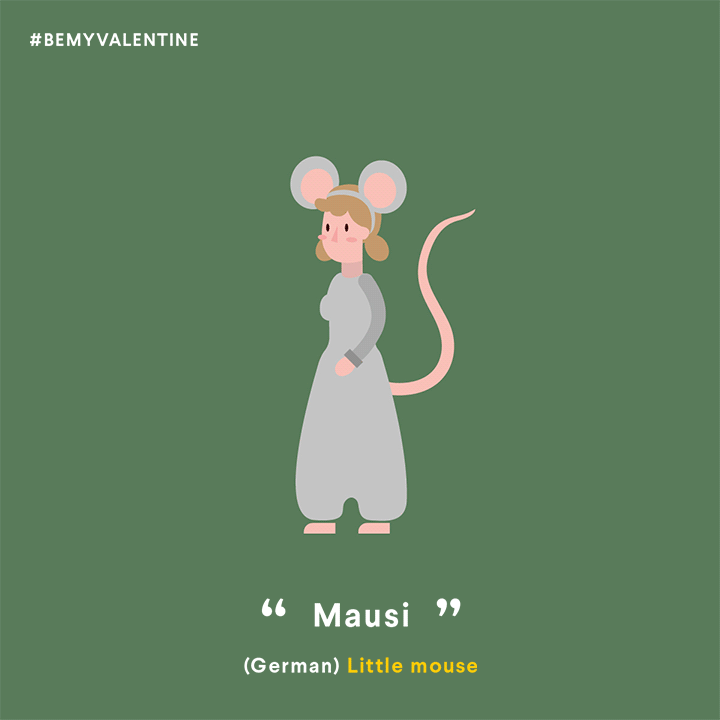
In France, some people call their partners bouchon (cork) or even puce (flea) and we don’t want to investigate too much on this last one…

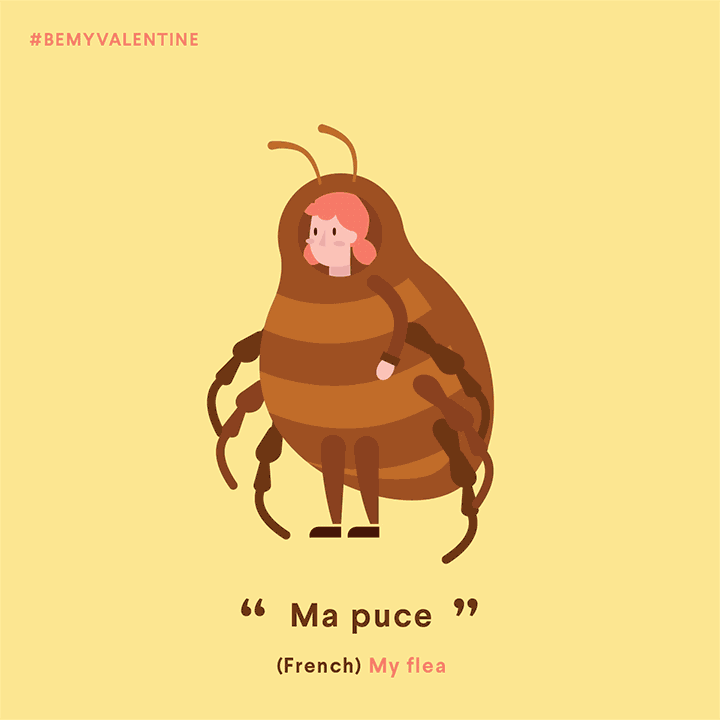
Brazilians are sweet and self-referring even when they call their partners docinho de coco (coconut candy):

Spaniards never take themselves too seriously and call their “half orange” corazón de melón (melon heart) or, more euphemistically, gordi (fatty):

Italians can’t help but associate their partners with food! They have many nicknames, but these 3 are by far the funniest:
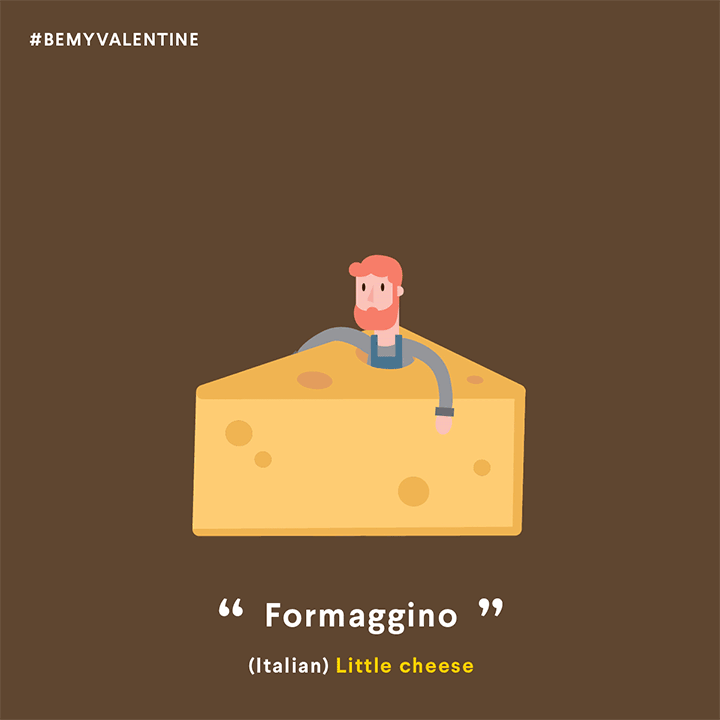
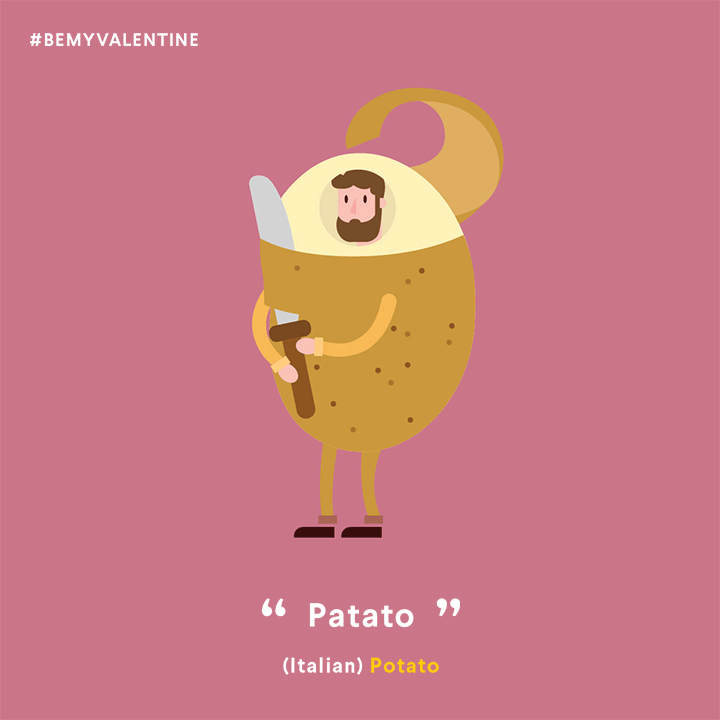
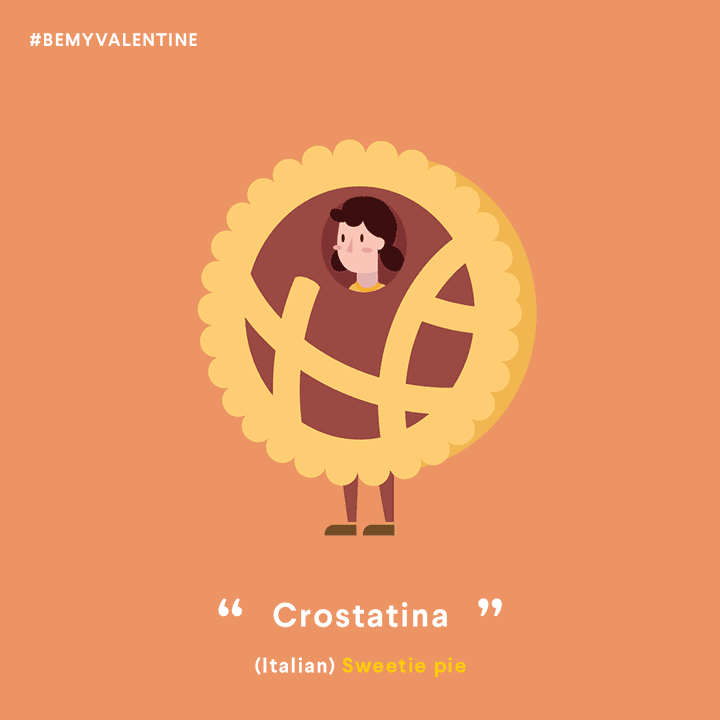
What are your favourite nicknames and which ones do you normally use? Come on, don’t be shy! Sooner or later we all do that and we even end up creating personalised nicknames because all of the others are just too cliché! If you don’t want to draw attention using love talk in your native language, now you can use foreign nicknames: exotic things are always a hit!



What do you think?